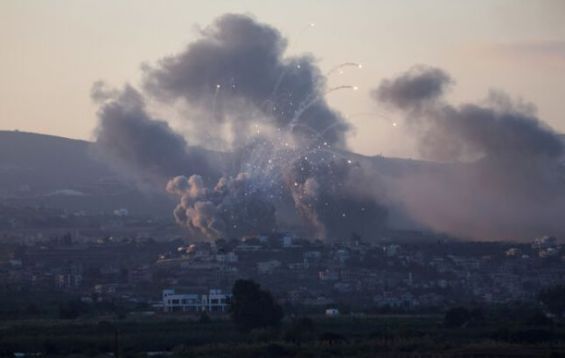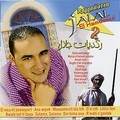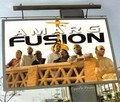Since last Monday, southern Lebanon has been under heavy Israeli strikes, killing hundreds of civilians and forcing many families, including Moroccan ones, to flee. With bombings reaching central Beirut, Moroccan mothers and their children fear for their lives and are urgently requesting repatriation.
A Moroccan mother living in Beirut expressed her concerns: «I live near the strikes, and we follow the news with great fear», she told Yabiladi by phone on Monday. She feels torn between what she calls «injustice» and the uncertainty of «what tomorrow may bring». She added, «We haven't had direct contact with our embassy yet, but we've been asked to register on lists. Other than that, we're still waiting for news».
Other Moroccan families have already fled their homes since Monday. Khadija*, a mother of two who has lived in Lebanon since 2013, was living in Khaldah, a coastal town 12 kilometers south of Beirut. She fled with her children to a friend’s house further north. «We hope it's safer here, but we can’t be sure how things will evolve in the coming hours», she explained.
«We couldn’t sleep on Friday night; we heard explosions in Beirut all night long», Khadija recalled anxiously. She also mentioned that while her family found shelter, many others were less fortunate. «Many people are sleeping on the streets, especially in Martyrs' Square», she said. «I know a fellow citizen with her husband and children there. While residents are sharing meals, sanitary conditions are almost non-existent».
Like other Moroccans in Lebanon, Khadija has registered with the Moroccan Embassy but is awaiting further instructions. «Most flights are with Middle East Airlines, and they are fully booked. It’s hard for families with children», she said.
Moroccan families seek urgent repatriation
Karima, another Moroccan mother married to a Lebanese, is also facing severe hardship. «We are homeless and don’t feel safe», she said when asked about her situation. Karima, a mother of five, lived in Jnoub, Lebanon's South Governorate, but fled after bombings destroyed two houses near hers. «My son had a hysterical episode, and my daughter is terrified by any loud sound», she told Yabiladi.
«We waited until morning because it’s too dangerous to leave at night», Karima said, pleading for rapid repatriation. «We are calling on King Mohammed VI to help bring us home before it’s too late. We don’t know what tomorrow will bring. I tried finding ways to leave, by boat or through Syria, but that’s too risky for my kids».
«I’m scared for my children. I just want to sleep and feel safe. I stay awake all night, fearing a bomb will fall on us», she said, fighting back tears.
Fatiha*, another Moroccan mother who has lived in Lebanon for over 8 years, is grappling with similar fears. «I live in Beqaa, about 30 km east of Beirut, and we can see and hear the bombings», she said. Despite the danger, she has chosen to stay in her home. «We spend the nights outside, fearing raids, and come inside only to eat and shower during the day».
Fatiha added that «the only airline currently operating flights to Lebanon is Middle East Airlines, but prices are high, and available dates are far off».
While many Moroccan mothers await repatriation, Elham, displaced since October 2023, shared her ordeal. «I lost everything—my home and my business», she recalled. Elham narrowly escaped death with her children following Israeli bombings on Jnoub after the «Al-Aqsa Flood».
«We ran for our lives on October 9 and reached Sidon», she said. After months of staying with her husband’s family, she was forced to rent a house and find work to survive. «We were patient the first time, but now we can’t take it anymore. We don’t even have money for tickets», she lamented. «Tickets can cost up to $4,000, and we obviously don’t have that. We don’t want to die here. My kids are terrified».
Yabiladi has tried to contact the Moroccan embassy in Lebanon for information on potential repatriation efforts but has received no answer.
For the record, the Ministry of Foreign Affairs created last week a crisis cell to track the situation of the Moroccan community in Lebanon. The cell is working continuously to react to the developments of the situation and take the necessary measures.
*Names have been changed and pseudonyms used at the request of the women who provided testimony.





 chargement...
chargement...












